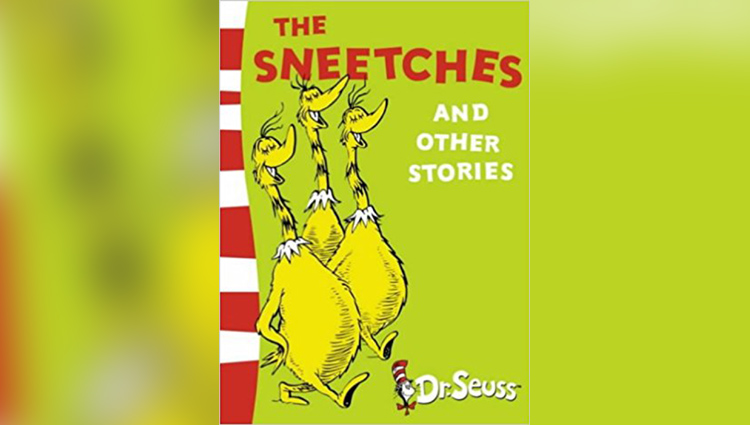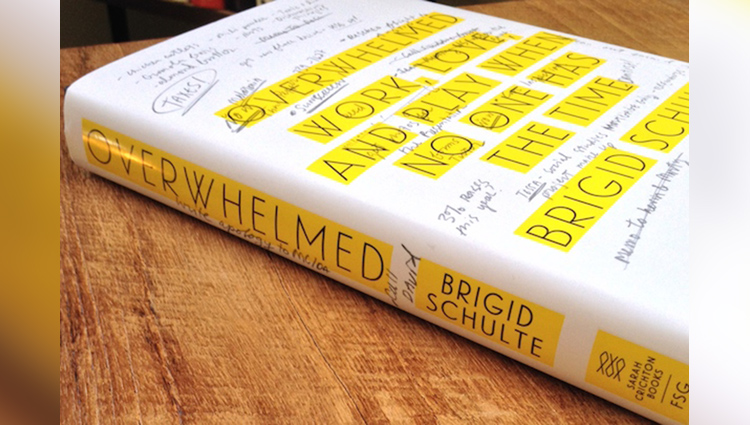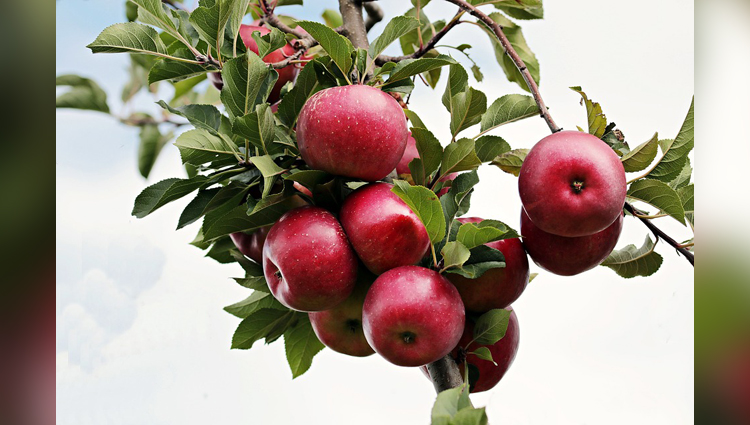Some must read Books: Librarians recommend the books According to Every Age.

Books are your best friend. They never leave you alone and never ask for any favour. At every stage of life a good can be your best guide and friend. In this article we will tell you some of the best books which are suitable according to age. If anyone understands that, it's the librarians in the Reader Services department of the New York Public Library.
We asked the librarians which titles we should be reading at every stage of our lives, and they were gracious enough to pick their favourites.

Ages 0-9:
The picture book tells a classic story of the haves and have-nots -- or, in this case, the Star-Belly Sneetches and the Plain-Belly Sneetches. The Sneetches helps young kids understand an important lesson in life: External differences shouldn't be what define people.

Ages 10-19:
Oscar is a geeky, overweight Dominican-American boy living in New Jersey. He wants to be a fantasy writer. The librarians say the book is ideal for people's formative years because at its core it's a story about a young person trying to figure out how to live in the world.

Ages 20-29:
If the teen years are for experimentation, the twenties are a time for reflection. In The Argonauts, a memoir about Nelson's relationship with the transgender artist Harry Dodge and the family the two of them start, Nelson gives many tiny windows into the universal dramas found in kinship. It's the kind of book that makes a chaotic, unstable life feel a little more normal. It is about being a family and living an examined life, say the librarians.

Ages 30-39:
At a time when most people are raising young kids while still balancing a career, Schulte's Overwhelmed should provide some clarity. The author presents the story of her own overwhelmed life and her journey to understand (and eliminate) those bad feelings. Schulte presents different models of work around the world, many of which show that long hours aren't necessarily used productively.




























